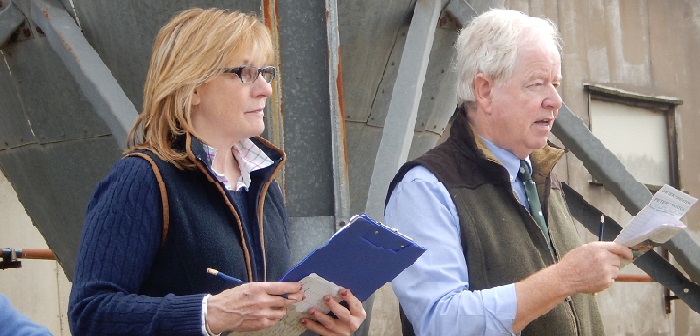The first post-Brexit trading week got off to a good start thanks to a shortage of pigs across Europe and beyond, and the tumbling value of the pound, which saw the euro trading at 83.92p on Friday compared with a pre-Brexit value of circa 77p, a rise of almost 10%.
As a result, spot pig prices have continued to soar, with very few bids of less than 130p/kg and some in the 135p/kg region paid later in the day.
However, more money is not necessarily going to produce extra pigs, but providing imported pigmeat values continue to improve, this will work wonders for UK prices too with the German producer “asking price” up another three cents to 1.63 euros.
Weekly contribution prices are also continuing on an upward trajectory, with some now hitting the 130p/kg region with rises of up to 4p/kg, and by contrast the SPP has much work to do only moving up 0.63p to 122.16p, but rising spot and contract prices will continue to feed through to lift the SPP in producers’ favour and help match COP levels, which are starting to rise following increased soya prices.
The cull sow market has also reacted to a much weaker pound and higher global pigmeat values, and most sows were traded at 2p to 4p/kg up on the week within the 71p to 74p/kg range.
Most contract weaner prices have remained at generally similar levels because of the SPP matrix inclusion in contract price calculations, with the latest AHDB 30kg ex-farm weaner price quoted at £40.42/head and 7kg at £30.38/head, but spot quotes are well ahead of these levels as more of a sellers’ market starts to emerge.
Feed prices still remain in producers’ favour, with November UK feed wheat quoted on the LIFFE at £118.50/t and January 2017 at £123.35/t.
A recent announcement that the USDA has reported a larger than anticipated maize area planted coupled with high stocks near a 30-year peak has added downward pressure to global maize markets, and could affect wheat, which would also be good news for pig farmers despite currency being one of the main market drivers for UK prices.
And finally, although there may be challenges ahead as far as Brexit is concerned, for the time being the AHDB is capitalising on the demand for pigs from China and is doing all it can to cultivate and develop trading links with the lucrative Chinese market. Using the old maxim “export or die”, this seems to be a route well worth following, especially while the Russian EU import embargo remains in place.




